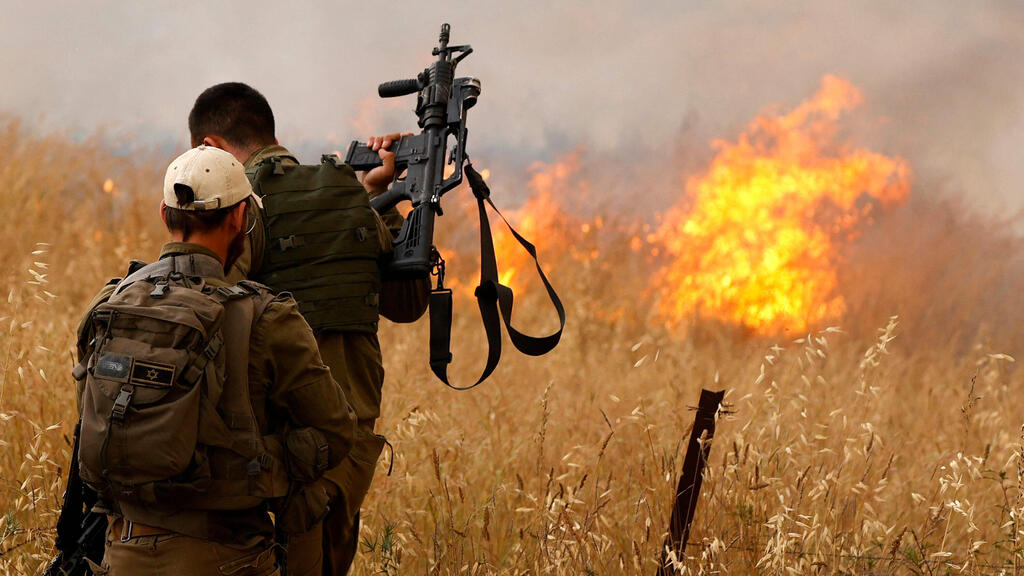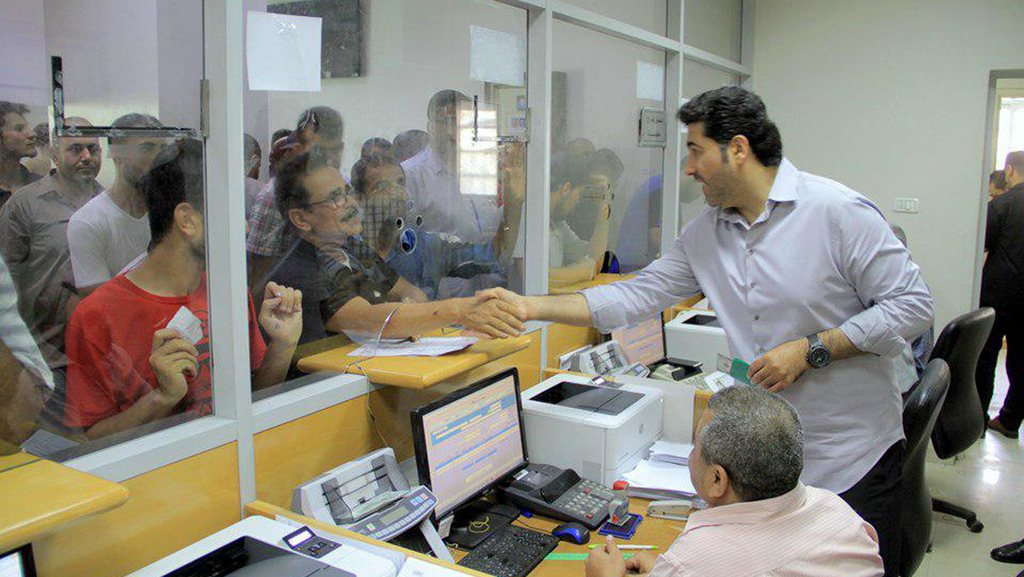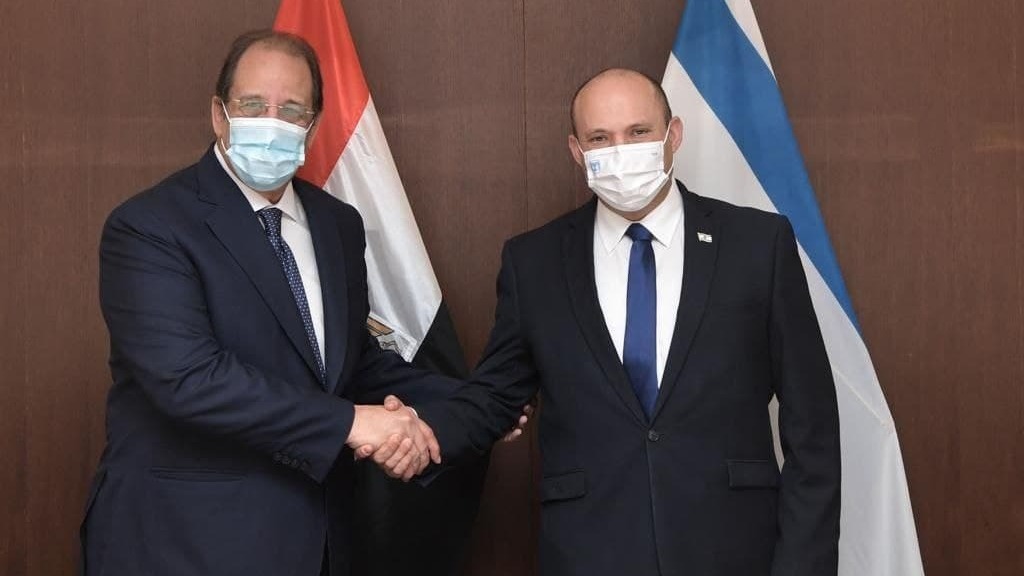Getting your Trinity Audio player ready...
The Palestinian terror factions in the Gaza Strip met Wednesday afternoon and apparently decided to pressure Israel into fulfilling its part of the agreement allegedly made following the end of the 11 war last months, by gradually escalating tensions on the border.
The factions plan to achieve this by using methods Israel is familiar with, such as launching incendiary balloons into Israeli territory and sabotaging the border fence between Israel and Gaza.
3 View gallery


IDF fighters aiding in the battle against a fire started by an incendiary balloon from Gaza
(Photo: AFP )
The factions also decided to hold a mass rally to mark the "day of the burning of the Al-Aqsa Mosque”, near one of the protest hotspots in the northern Gaza Strip. Palestinians in Gaza used to stage weekly protests on the border, organized by Hamas, that often turned extremely violent.
In what seems to be a prelude to the apparent escalation, a rocket was fired from Gaza into Israeli territory on Monday. Israel, meanwhile, is yet to respond to the rocket attack, despite the government's repeated statements that any hostility towards Israel will be met with heavy retaliation.
The factions, led by the Hamas terrorist group that currently rules Gaza, plan to resume border protests and incendiary balloon attacks in the coming days, hoping it will jumpstart the efforts to rebuild the Palestinian enclave following the May war against Israel.
The factions also hope to pressure Israel and the international community into reaching a consensus regarding the method through which the Qatari aid grant will be transferred to Gaza and distributed among its residents.
3 View gallery


Official disburses Qatari aid money to Gaza civilians at a local postal bank
(Photo: Reuters)
Recently, Qatar and the United Nations' Special Coordinator for the Middle East Peace Process Tor Wennesland have finally reached an agreement on the issue, according to which the grant will be distributed to Gaza’s needy families via a mechanism operated by the UN.
What may hamper the agreement, however, is the fact that the UN refuses to allow the grant to be used to fund salaries of Hamas government officials in Gaza - which amount to several million dollars every month.
Israel, meanwhile, also objects to transferring the money in cash, as has been the case during former prime minister Benjamin Netanyahu's tenure.
The Palestine Monetary Authority - the emerging central bank of Palestine - has also refused to allow the grant to enter Gaza through its bank branches, due to fears those banks will be exposed to international lawsuits for financing and aiding terrorism.
Egypt, who acts as one of the mediators on the issue of Gaza’s rehabilitation, has started to exert heavy pressure on both Israel and Gaza’s factions to reach an agreement for a longterm ceasefire.
3 View gallery


Egypt's intelligence chief Abbas Kamel and Prime Minister Naftali Bennett
(Photo: GPO)
To that end, Egyptian intelligence chief Abbas Kamel arrived in Israel on Wednesday to meet with Prime Minister Naftali Bennett and Defense Minister Benny Gantz, as well as with Palestinian President Mahmoud Abbas.
The Prime Minister Office said that “the two discussed political, security and economic aspects of Israeli-Egyptian relations. As well as the issue of Egyptian mediation regarding the security situation.”
Israel, on its part, has opened Gaza’s border crossings for the importation of goods as well as for the movement of Palestinians in and out of the enclave.
The road to a stable ceasefire, however, is still very bumpy.

